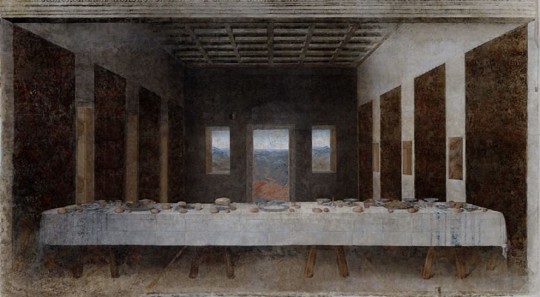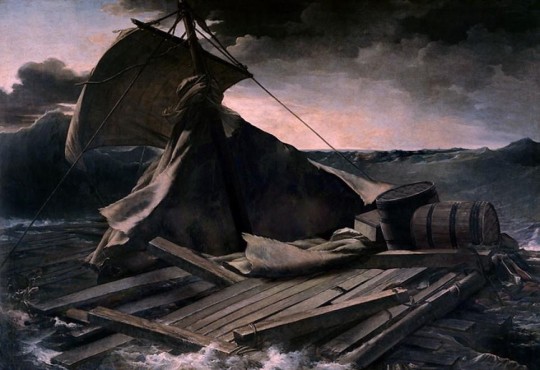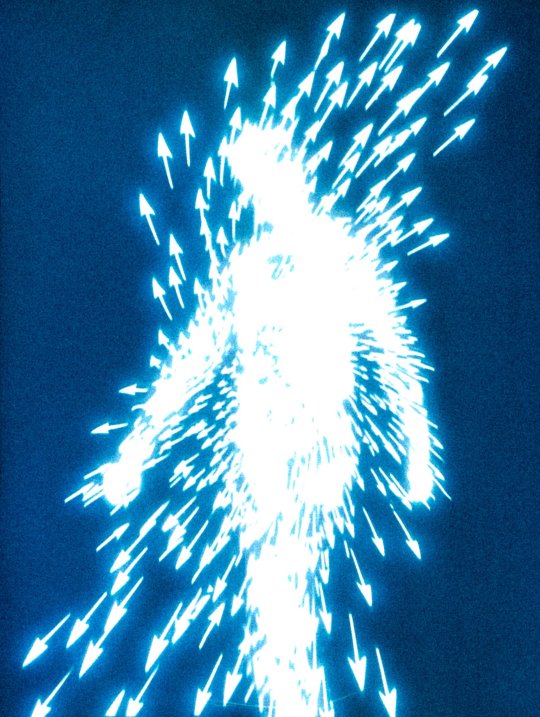Don't wanna be here? Send us removal request.
Text

Ulla Von Brandenburg,
C, Ü, I, T, H, E, A, K, O, G, N, B, D, F, R, M, P, L, II, 2019
Tissus teints, cordes, film super 16 mm, couleur, son (10'), dimensions variables
Meyer Riegger, Berlin/Karlsruhe ; Pilar Corrias Gallery, London and Produzentengalerie Hamburg
144 notes
·
View notes
Text



St Wendreda is a 14th-century church famous for its “angel roof”, featuring 120 carved figures of martyrs, apostles, saints, and angels. The ornaments were created either at the end of the 15th century or in the first quarter of the 16th century.
7K notes
·
View notes
Text

Francis Giacobetti - Pirelli Calendar (1971)
427 notes
·
View notes
Photo



Where is everybody? José Manuel Ballester
125K notes
·
View notes
Text
thinking about edvard munch's "The Sun" (1911)

like yeah thats how it feels. thats what it feels like to exist sometimes. he gets it
143K notes
·
View notes
Text

Koen van den Broek (Belgian, 1973), Spring, 2008. Oil on canvas, 166 x 110 cm.
566 notes
·
View notes
Text

René Magritte
La lunette d’approche (The Telescope), 1963
Oil on canvas.
8K notes
·
View notes
Text

Armored breastplate crafted by Filippo Negroli (fl.1532-51), made of metal. Currently part of the collection at the Museo Nazionale del Bargello, Florence, Italy.
The breastplate hails from a period when armor was evolving not just as a tool of war but as a symbol of prestige and personal expression. During the Renaissance, Italian armorers like Filippo Negroli brought new artistic vision into the field. This period saw the development of highly decorative armor intended for parades, tournaments, and ceremonial purposes rather than the battlefield. Armor became a status symbol, worn by the elite and often featuring mythological or naturalistic designs.
764 notes
·
View notes
Photo

saints
Hours of Louis de Laval, France ca. 1480
BnF, Latin 920, fol. 180r
22K notes
·
View notes







